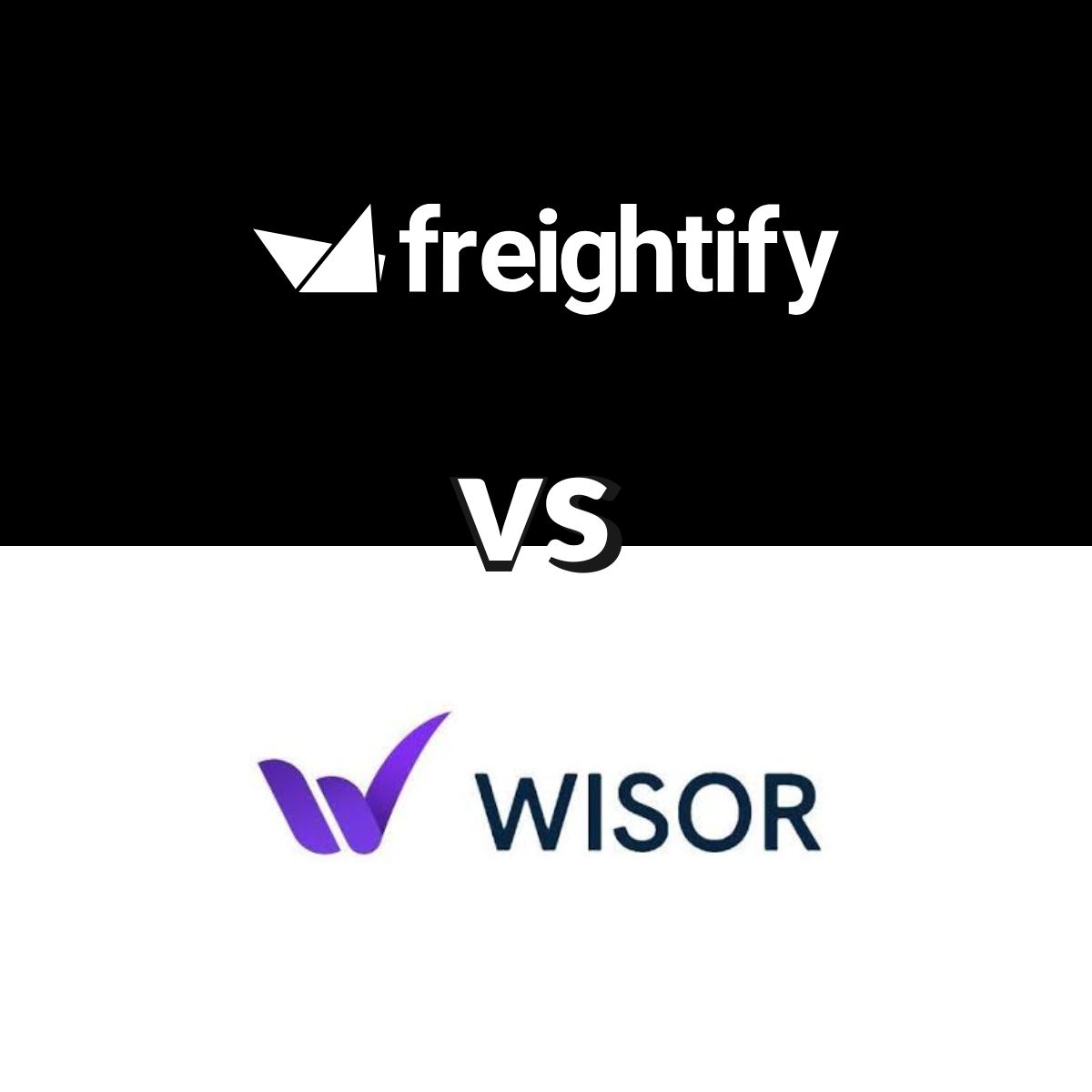The freight forwarding and logistics industry has generally lagged behind most other industries when it comes to automation and the adoption of technology.
This is particularly true of the forwarding business; international in scope, the industry spans multiple jurisdictions and governing conventions. Additionally, the procedural requirements and inter-modal transport modes make forwarding a highly complex and people-driven business, where knowledge, experience, and specific skill sets are necessary to deliver efficient services.
Over the years, the freight forwarding industry has been compelled to make changes to their way of working, with certain aspects being automated and human involvement curtailed to some extent. These changes include using Customer Resource Management systems, Management Information and reporting software, and invoicing tools, each of which addresses a specific area of the freight forwarding process.
There have also been attempts to standardize operating processes and centralize routine tasks by outsourcing to back offices, which has enabled 24/7 operations and provision of prompt and round-the-clock service to customers.
Fledgling endeavours to organize data and incorporate data analytics have included using spreadsheets and generic statistical software.
What is freight forwarding software? Freight forwarding software is your all-in-one digital toolbox for streamlining the complexities of global shipping. Imagine a powerful platform that automates tasks, reduces errors, and gives you complete control over your freight forwarding operations. That's exactly what freight forwarding software does.
Let us help you with your journey
Procure, Manage and Quote freight prices (with ancillary charges) in under 2 minutes!
Advent and growing prevalence of freight forwarding software Over the last few years, the evolution of the freight forwarding software industry has proved to be a game changer.
The advent of highly sophisticated software catering to the uniquely challenging demands of the freight forwarding industry has brought about a paradigm shift in the industry’s way of working. Easier access to reasonably priced cloud-based systems has also made technology accessible to smaller forwarders, thus covering a wide section of the freight forwarding market.
Rather than restricting automation to specific aspects of forwarding operations (such as pricing and quoting tools, sales management, finance systems for invoicing, etc.), the newest generation of freight logistics software encompasses the needs of the entire freight forwarding business. Simply put, freight forwarding software is effectively revolutionizing the industry’s traditional ways of working.
Leveraging cutting-edge technology and algorithms, freight forwarding software, aim to automate and optimize the global freight forwarding process. Digital freight forwarder software offers functionalities such as quick quoting, quote comparison across different transport providers, track and trace functionality, pre-alerts for various milestones in the transport process, and end-to-end visibility at all points in the supply chain, which has somewhat helped standardize what typically has been a very unstructured business. This has consequently increased overall efficiency and strengthened the focus on customer-centricity.
Since almost all repetitive tasks are automated through software, these systems have become ubiquitous in the freight forwarding business. As more forwarders turn towards automation through software, manual and mundane tasks are being increasingly phased out, reducing the need for human inputs.
How freight forwarders create value for shippers and empower supply chains It is, however, pertinent to note that a freight forwarder’s role is not restricted to that of a transport intermediary. Freight forwarders perform a wide variety of other value-added activities, which are far more intricate and need considerable expertise, knowledge, and soft skills.
As the industry becomes highly commoditized and amidst fierce competition, forwarders are increasingly focusing on these value-added activities as competitive differentiators and significantly enhancing their customers’ supply chains.
These activities include negotiating long-term contractual rates with shipping companies, playing the spot market for ad hoc shipments, procuring other logistical services, liaising with Customs officials and Government agencies, managing labour, contingency planning, and promptly responding to emergencies.
In the post-Covid era, freight forwarders have performed an essential function in helping shippers and exporters navigate through transport chain disruptions and mitigate the impact of congested ports and equipment shortages.
Limitations and role of freight forwarding software While some of the routine, standardized, and manual tasks can be performed by freight forwarding software, handling the complexity of core value-adding functions beyond technological systems.
For example, while software can store and compare freight rates across vendors, it cannot negotiate better rates or volume-linked rebates with shipping companies. The human touch and spot judgment necessary for better negotiations can be done only by trained forwarding professionals with sound industry knowledge and awareness of ground-level conditions.
Likewise, suppose the shipper has an urgent shipment. In that case, the forwarder must coordinate and follow up regularly and diligently with the shipping company, port authority, inland transport vendors, and government officials, for which the human element is indispensable.
In other words, while shipping software can help freight forwarders by automating manual tasks and performing with mechanical precision routine activities such as sending pre-alerts and standard communication, the software’s primary function is to help free up the forwarder’s resources to concentrate on crucial operational tasks and value-adding business opportunities.
With the straightforward tasks being automated, the freight forwarder can focus on making the shipper’s supply chain more efficient, creating synergies, and tapping incremental value propositions.
Can freight forwarding software Replace the traditional freight forwarder? The growing usage of freight forwarding software has given rise to apprehensions that freight forwarding software will sometimes render the traditional freight forwarding model obsolete and make forwarders redundant.
Such fears are unfounded, given the nature of the freight forwarding business, beset with procedural complexities, multiple human-human interactions, and exception-handling required at every stage. A freight forwarding professional's presence and personal involvement are indispensable to successfully executing these tasks and meeting customer expectations.
Keep in mind that a freight forwarding software’s role is to digitize the storing of information, automate data sharing and other routine tasks, and serve as a reliable platform for the forwarder to efficiently perform basic tasks, which ipso facto become the constraining limits of the software.
Ergo, the software is, in essence, a technological tool, and human intervention cannot be eliminated, as humans will enter data into systems, access and interpret information, and interact with customers and other stakeholders.
The role of experienced forwarders is all the more critical now, as they will need to vet and sanitize the data before it is shared with customers or used to make business decisions.
With systems freeing up time and resources, a skilled forwarder can delve deeper into the shipper’s business model, identify unmet needs, assess varying options, and design innovative supply chain solutions.
Conclusion Freight forwarders and shipping software solutions are complementary to each other. Technology can help smoothen the flow of information and reduce human effort, which empowers the forwarder to unlock value and offer integrated and holistic supply chain solutions.
Simultaneously, shippers and exporters benefit from better and timely information sharing, superior service levels and additional value that forwarders can now provide.
Simply relying on software will take care of the most basic of transportation tasks, but successfully steering through the intricacies of international trade and transport is a job for which only a professional freight forwarder can be relied upon.




















